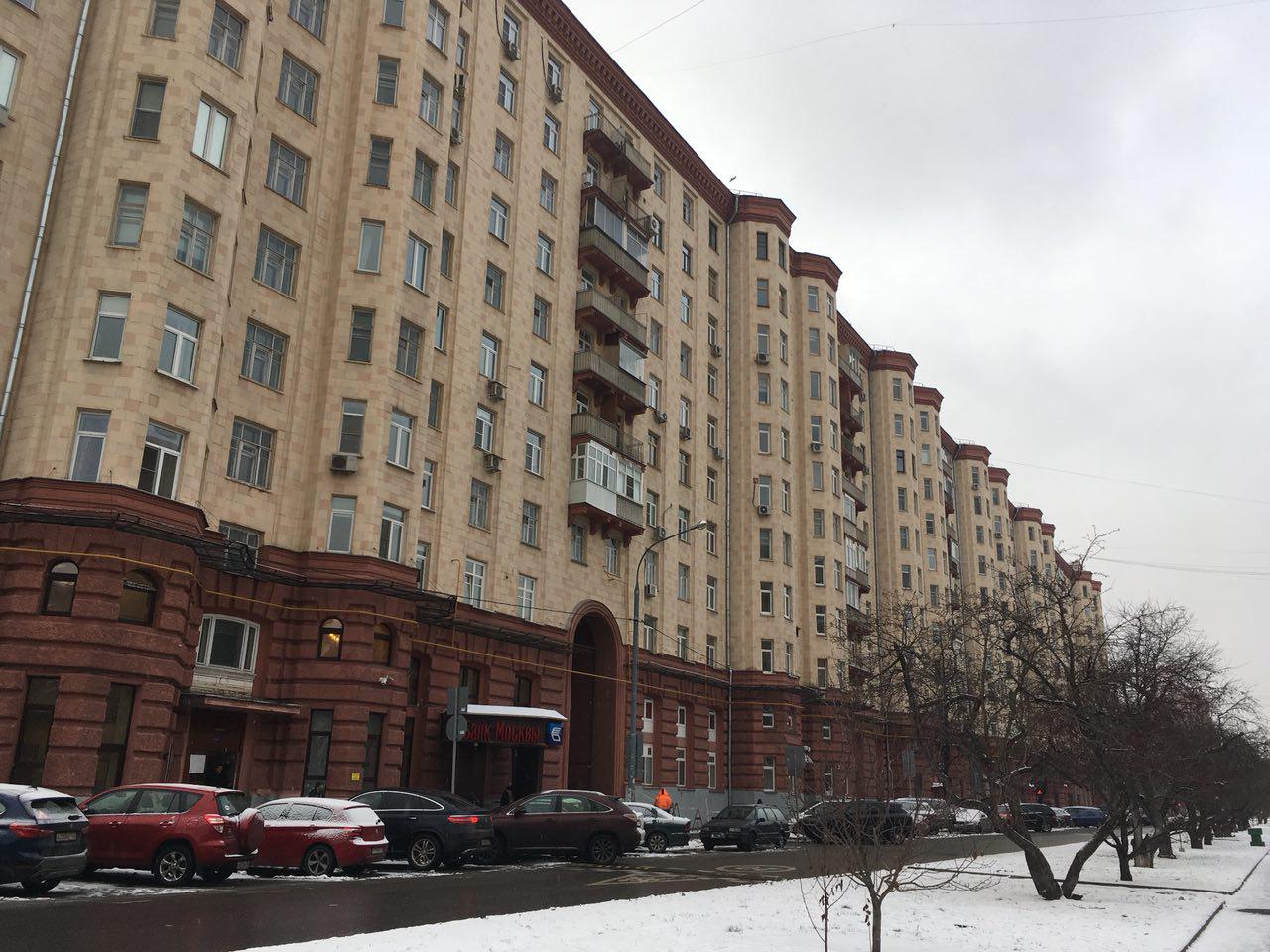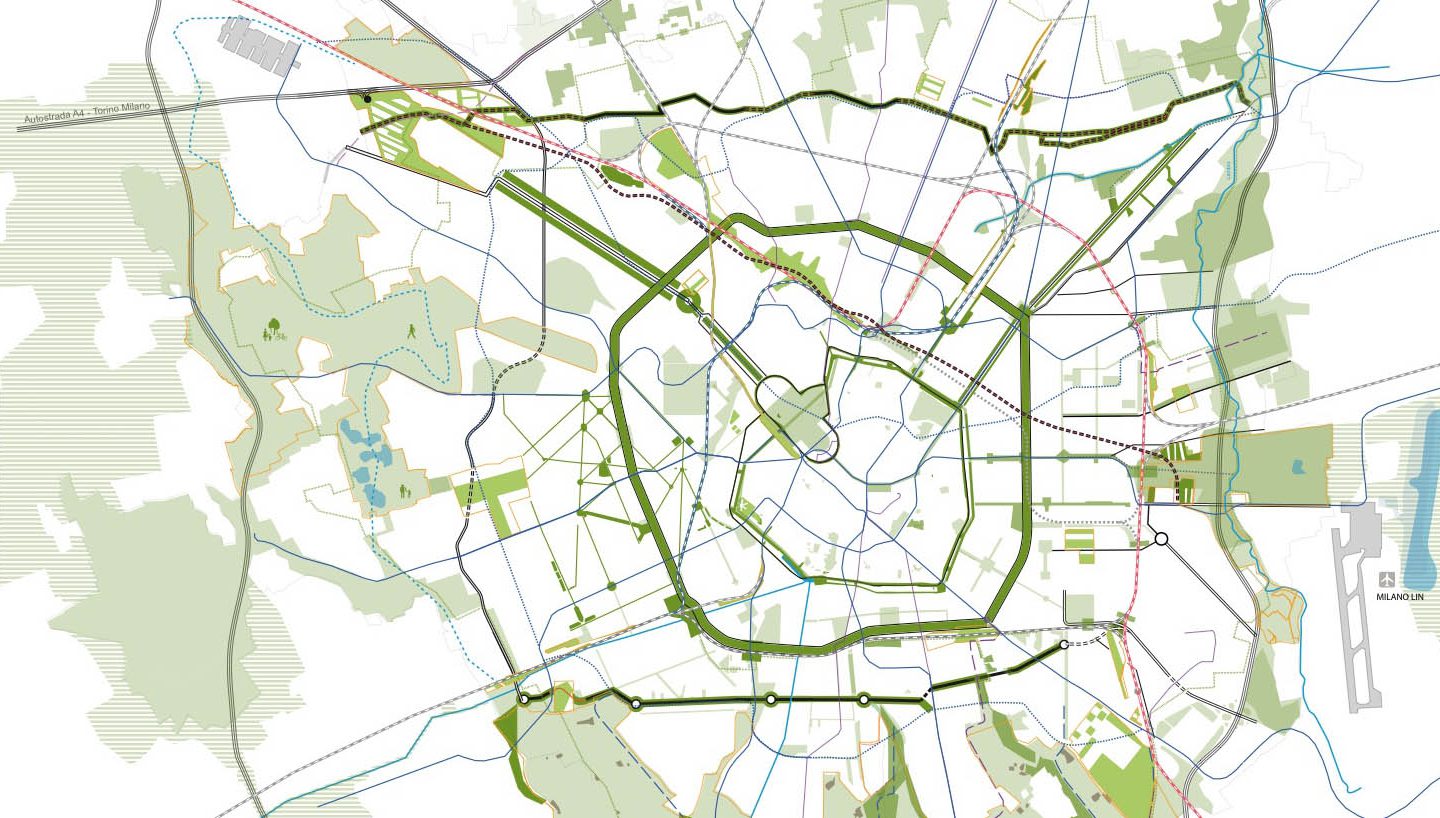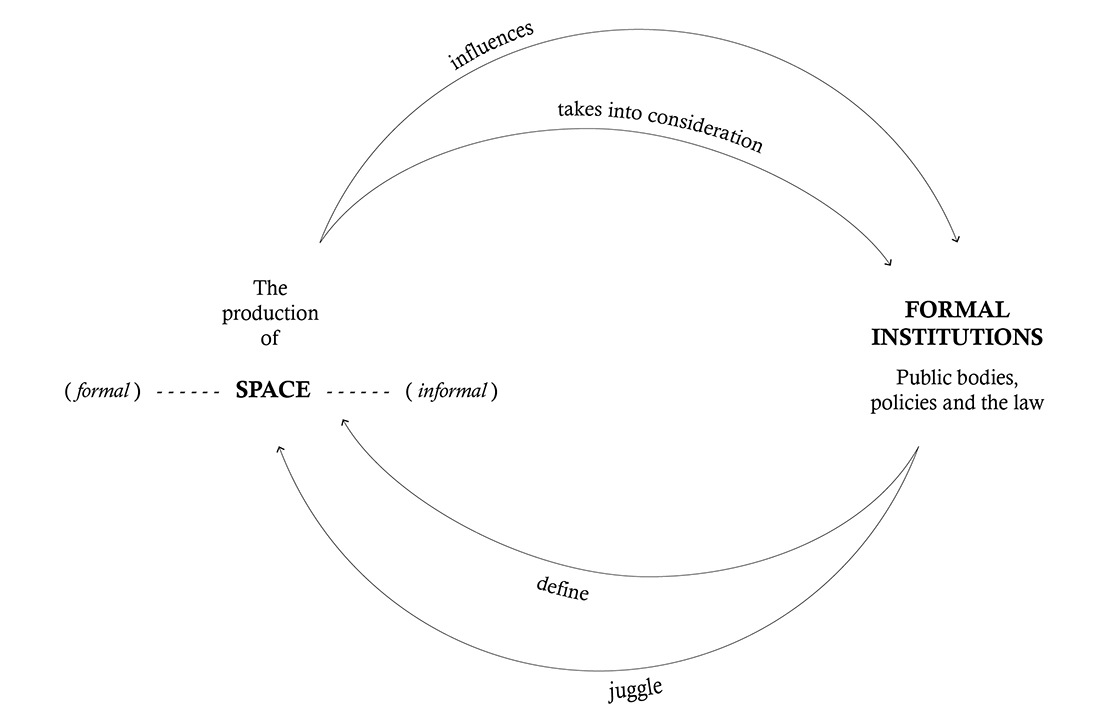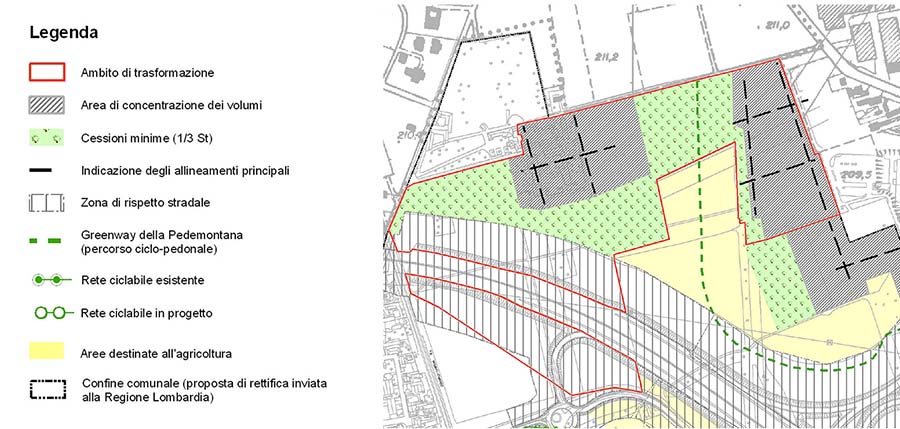Expatriates and the city: The spatialities of the high-skilled migrants’ transnational living in Moscow
The paper focuses on residential strategies and patterns of highly skilled migrants from Western countries in Moscow. During recent decades, transnational migration of highly skilled workers has grown and diversified; as a consequence, residential practices and socio-spatial behaviour of this kind of migrants (the so-called ‘expatriates’) in the destination city diversified as …





